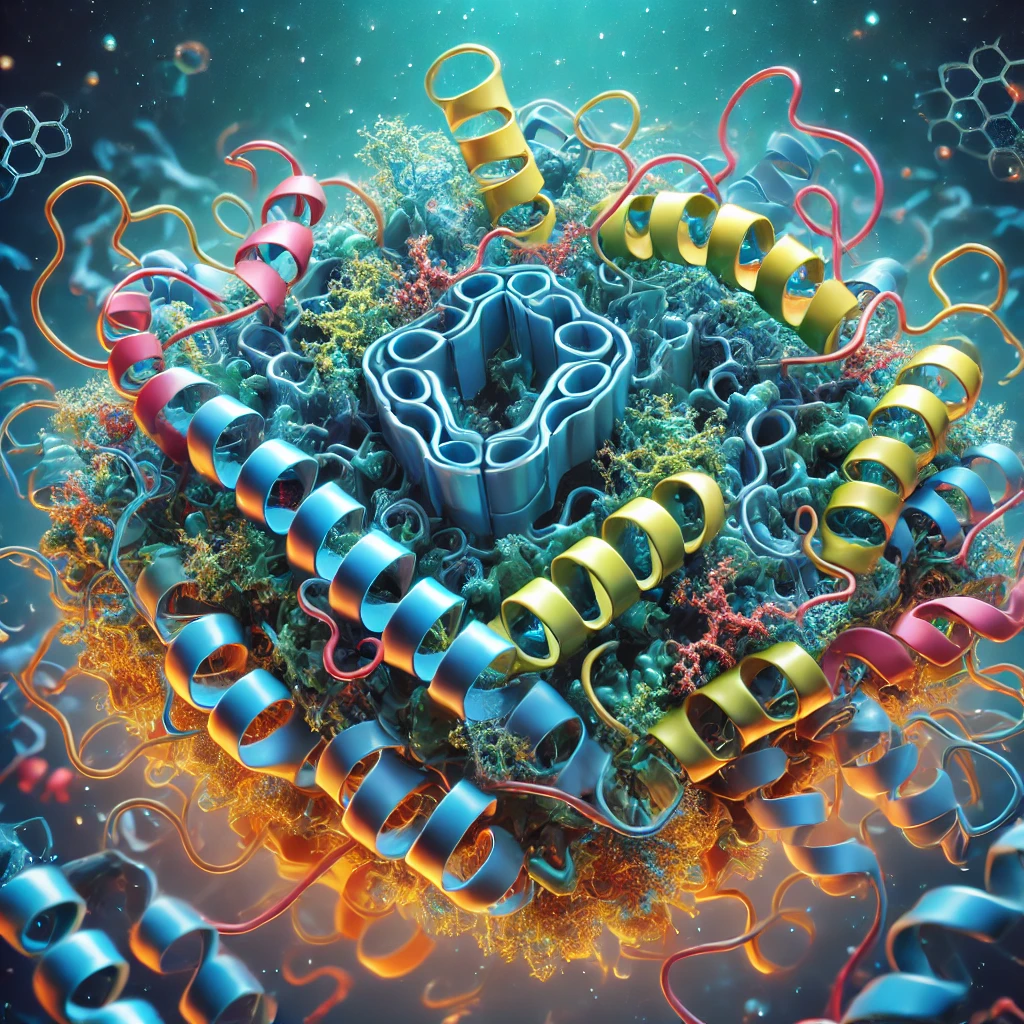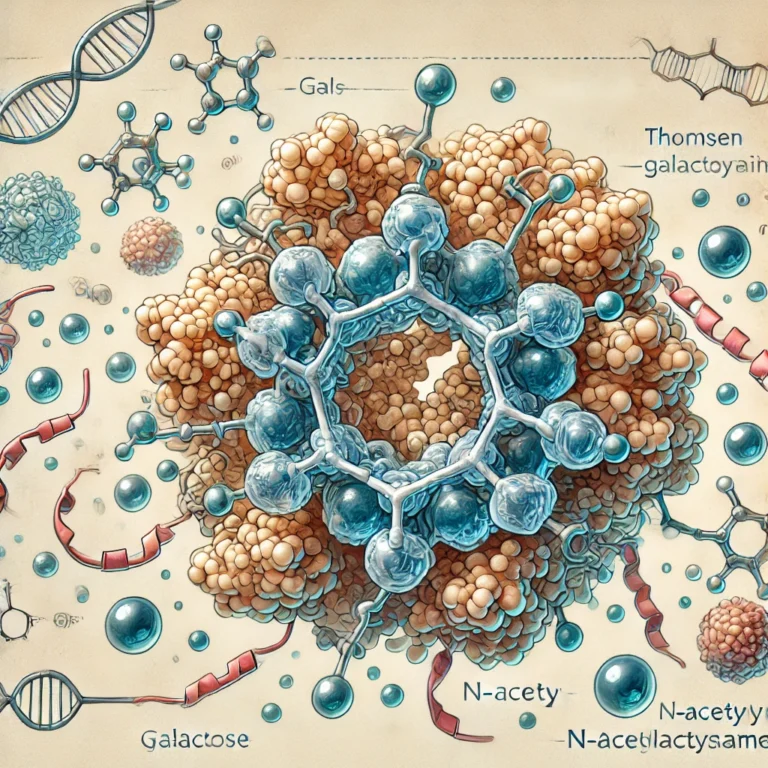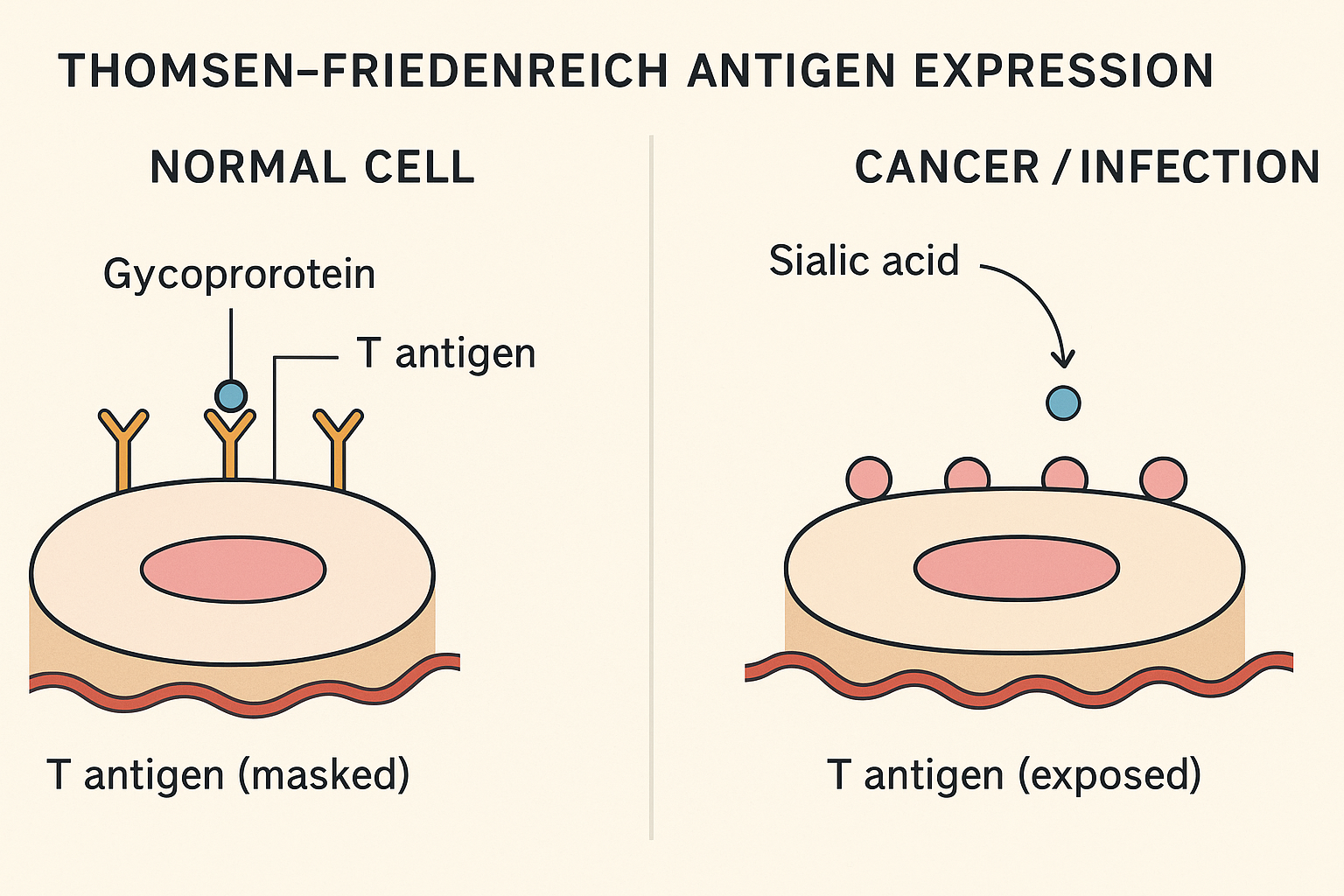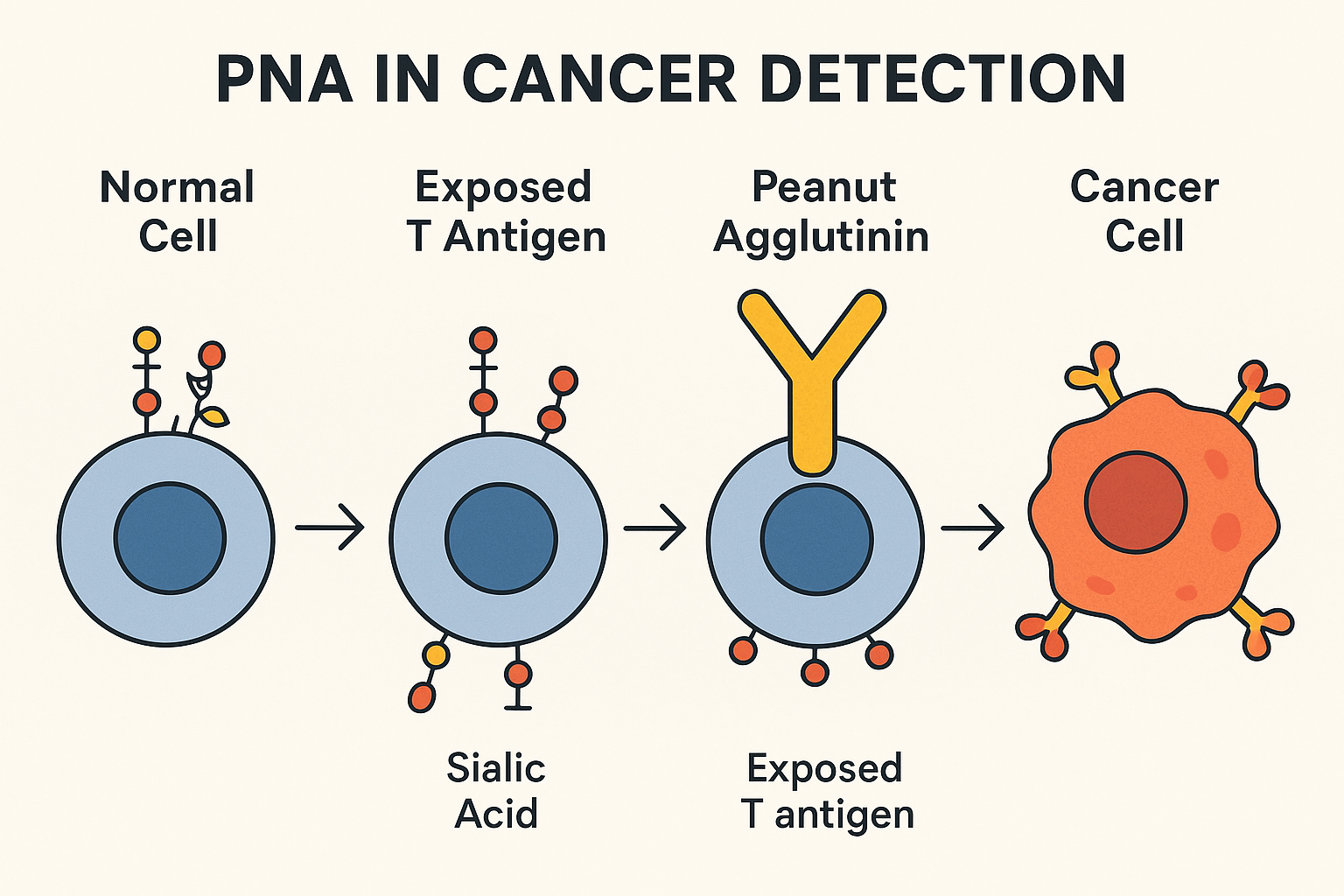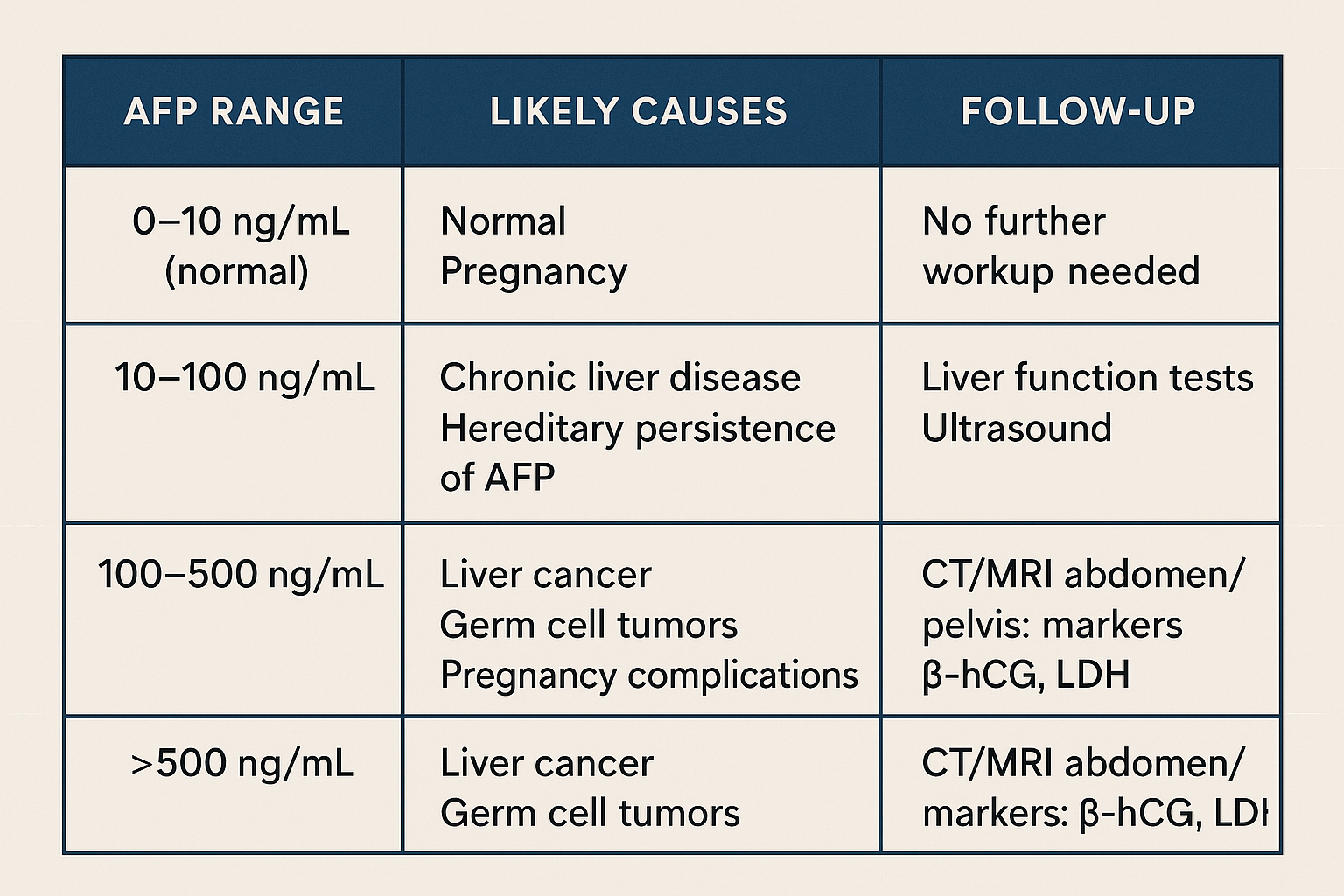KRAS Mutations
KRAS mutations are among the most common oncogenic drivers in human cancers, notably in pancreatic, colorectal, and lung cancers. The KRAS gene encodes a protein that functions as a molecular switch, regulating cell growth and division. Mutations, particularly at codon 12 (such as G12D), impair the protein’s GTPase activity, leading to uncontrolled cellular proliferation.
KRAS Mutations
- Used for: Colorectal cancer and pancreatic cancer.
- Why it’s good: KRAS mutations are common in various cancers, particularly colorectal and pancreatic.
- Limitation: Requires precise mutation detection, which can be difficult with traditional lateral flow tests.

